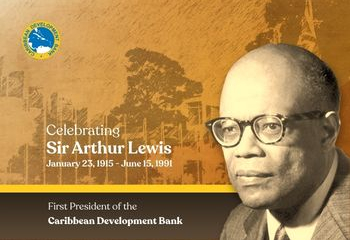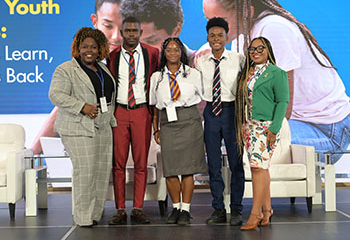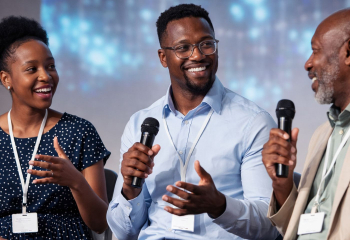CDB Embarks on Gender Mainstreaming Training Programme
The Caribbean Development Bank (CDB), recognising that gender equality (GE) has an impact on programming in all aspects of its operations, has embarked on a Gender Mainstreaming Training Programme for key stakeholders in its Basic Needs Trust Fund (BNTF).
The first group to benefit under this training initiative will be BNTF Community Liaison Officers (CLOs), with training taking place in St. Lucia from March 18 -20, 2013 at the Coco Palms Resort in Rodney Bay.
CLOs are critical stakeholders to the BNTF and are actively involved with communities in the identification, formulation and implementation of project activities in their respective countries. In this capacity, CLOs prepare Community Needs Assessments which identifies key community characteristics and assets and validates the priority needs of the respective community. Recent programme evaluations, however noted that the mechanics of gender-sensitive design and implementation was not fully understood, or embedded due to weak policies, capacity weaknesses and limited data, especially at the household level.
The training will serve to enhance the participants' analytical capacity for gender analysis, gender impact assessments and gender reporting, and will involve incorporation of GE indicators and target as part of the results-based management framework.
Sessions will address topics such as, Gender Analysis and Tools; the Results-Based Management Framework from a Gender Perspective; and Linking Indicators to Sources of Information. Working group sessions will focus on the three current thematic areas for BNTF: Education and Human Resource Development, Water and Sanitation, and Basic Community Access and Drainage.
The BNTF is one of the Bank's targeted poverty reduction programmes, and it provides access to basic infrastructure and services in vulnerable communities in ten Member Countries.
CDB is committed to focusing resources on analysing and addressing GE dimensions in all of its policies, loan, project and external and internal operations. The overarching objective is to reduce poverty and vulnerabilities in the Region by assisting women and men to achieve their full potential.


